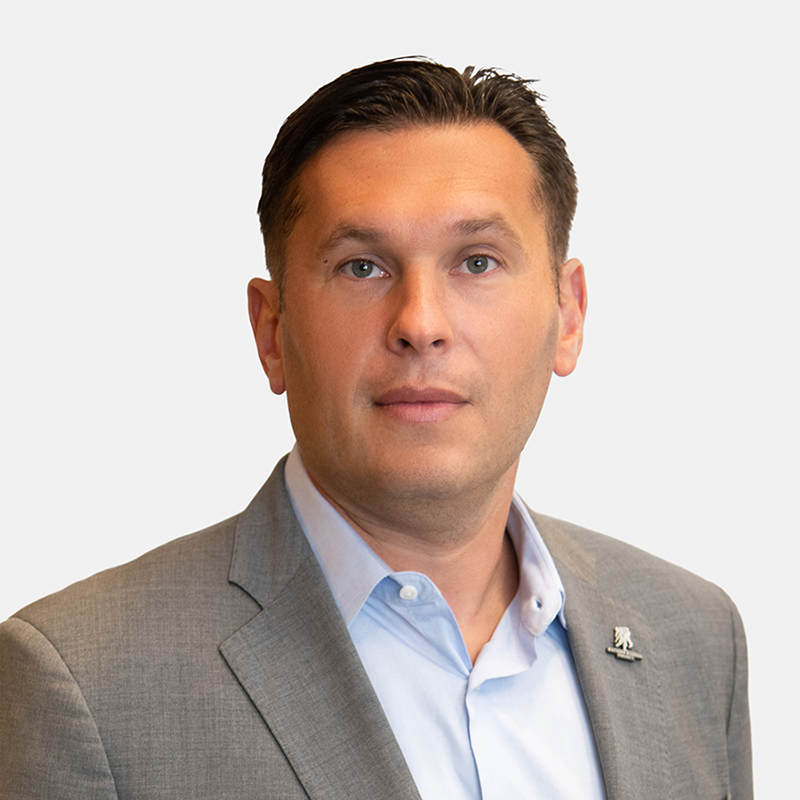The many months of the coronavirus pandemic have added a new burden on top of a caregiver’s current caregiving requirements for their loved one with TBI or other physical or mental health issues. The Wounded Warrior Project’s Independence Program offers not only a $3,000 grant to caregivers to help support their own health and well-being, but also aid in the form of more mental telehealth care, meal prep, and other resources to help caregivers take care of themselves while juggling the many people and parts of family life.
Dr. Alexander Balbir is the Director of Independent Services at Wounded Warrior Project.
For information about treatments for brain injury please visit The Treatment Hub.
Last year we did something quite spectacular, something quite special. COVID-19 was an additional burden on top of the current caregiving requirements that many of these individuals have for the warriors that we serve. And what we realized was that we need to renew our focus on caregivers. And last year, we started this process of a renewed focus on caregivers by first off, giving them a grant of $3,000 dollars to help support them in their own health and wellbeing. Using that money to maybe purchase exercise equipment. Using that purchase to pay for some home repairs. Something that would then take the burden. But it was also an opportunity to use that money to begin the discussion of what these caregivers truly need, especially in light of their day to day and having COVID-19 on top of that really exacerbating some of their issues. That stepping stone was then used to try to adjust other issues. Do they need access to mental healthcare? We were able to provide for these caregivers additional mental healthcare in the form of telehealth through our partners in the space E-home. Having that ability to provide tele healthcare to support non-trauma care, to support any issues with possibly potentially depression, any anxiety, working with these caregivers to help remediate some of these issues in the comfort of their own home. But that also means that when these caregivers are getting care, they would also need additional support and services in the form of respite care, maybe some companion care, or additional home healthcare to help support their ability to get that level of treatment for themselves. So these are several initiatives that we’ve taken over the last - over the last year and a half - to really focus on caregivers’ needs. Caregivers day to days, they generally they have families, they have other dependents, young kids, teenage kids who are in school, who are also struggling in school just like all other kids, when we had to change into more of a virtual format. So we’ve been able to help provide additional resources - meals, meal prep for these families - to really try to offset some of that caregiver burden, especially during the last 15 months. BrainLine is powered in part by Wounded Warrior Project to honor and empower post-9/11 injured service members, veterans, and their families.
About the author: Alexander Balbir, PhD, MBA
Dr. Alexander Balbir served as the Director for Independence Services at Wounded Warrior Project (WWP). He currently serves in the United States Navy Reserve as a Medical Service Corps Officer hospital/healthcare administrator.

